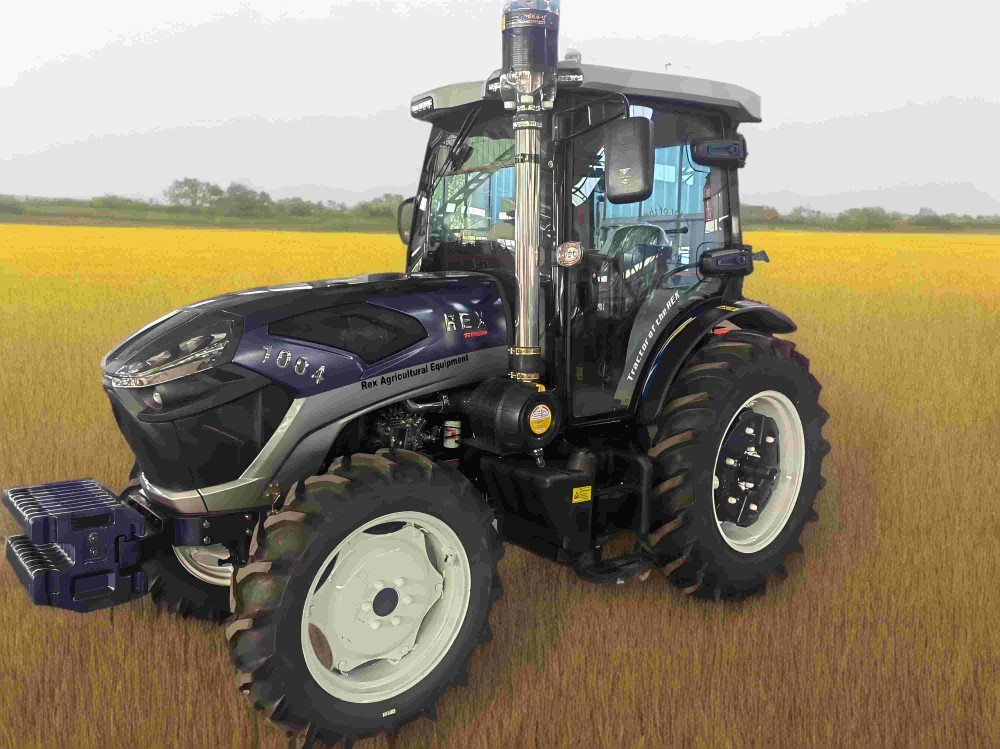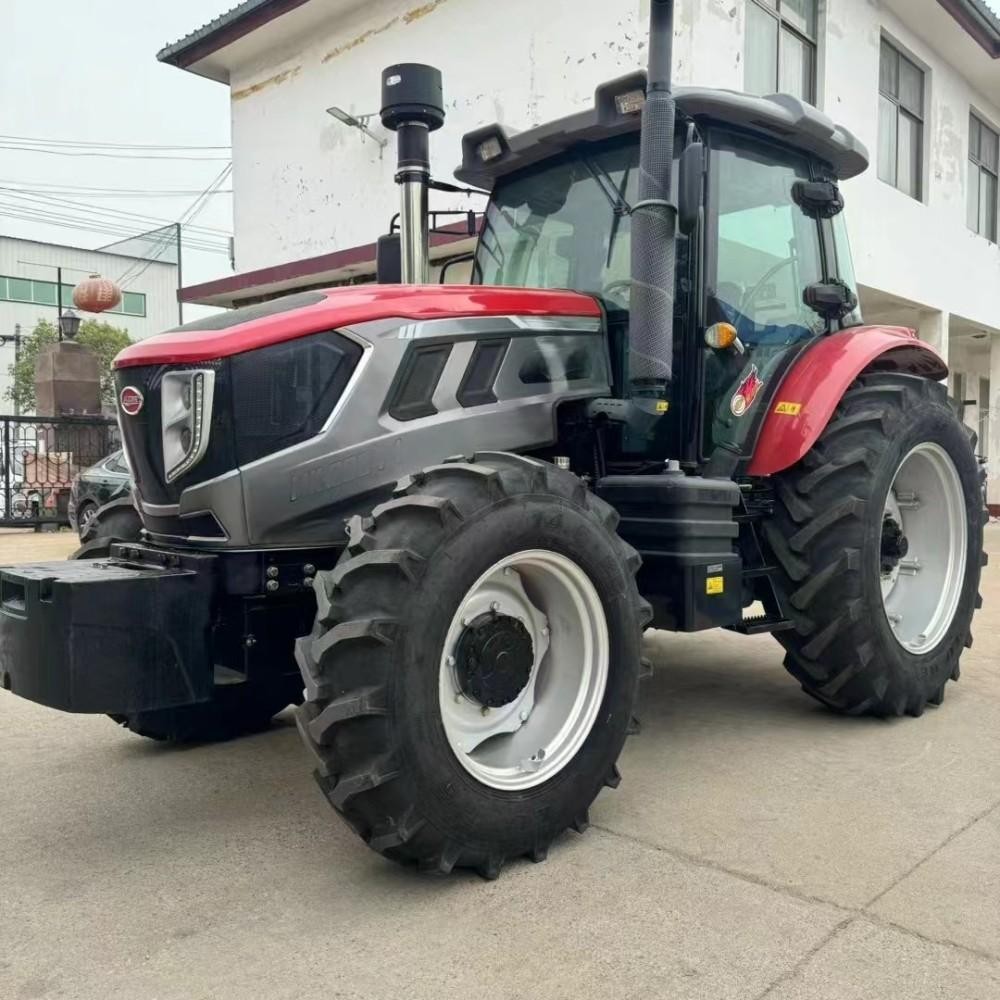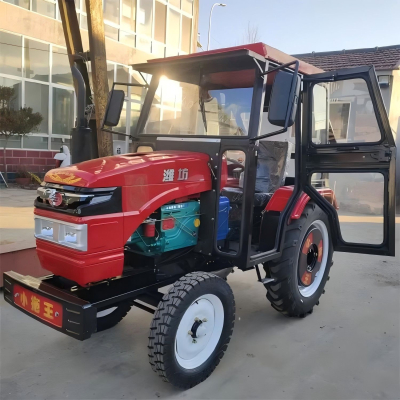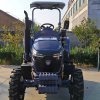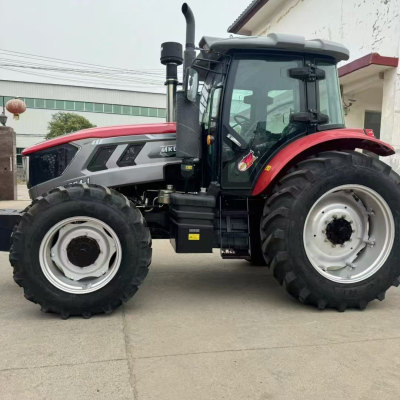Experts talk about strategic considerations when purchasing agricultural machinery
The current downturn in the farm machinery market is that investing in farm machinery and equipment requires more factors to consider. New Newsland invited Dr. Brady Brewer, Associate Professor in the Department of Agricultural Economics at Kansas State University, to speak with farmers about strategic considerations when purchasing farm machinery and equipment.
As a farmer, investing in farm equipment is just as important as its impact on productivity, operational efficiency and overall profitability. According to the USDA's Agricultural Resource Management Survey (ARMS), farm machinery and equipment make up about 10% of the total balance of U.S. commercial farms. This highlights the importance of understanding how equipment impacts farm finances and operations when considering new farm equipment or replacement farm equipment.
Minimize production costs to the greatest extent possible
Dr. Brady Burrell said that the goal of purchasing each piece of agricultural machinery is to minimize the total production cost. In other words, for each unit of farm production, such as pounds, bushels, etc., the goal is to minimize the total cost. This includes the cost of agricultural machinery and equipment. You need to understand the tasks that these devices need to complete, minimum horsepower requirements, ownership and maintenance costs, required features, and device dimensions to understand how purchasing these devices will affect the production costs of your farm.
Users should create a detailed budget that includes not only the purchase price, but also other expenses such as taxes, insurance, and delivery fees to better understand the direct cost of ownership of the device you are considering.
Five management levers to consider
In order to complicate things, it is also necessary to remember the big picture, as this can save money or expenses in other areas of the farm. To study these considerations, he talked about introducing the "five management levers" that farmers use to manage their farms. Broadly speaking, any management decision made by farmers belongs to one of these five categories: managing output prices, managing output, managing production costs, managing assets, and managing personnel. These five management levers also represent the key strategic needs of the farm.
He strongly recommends that you ask before deciding to purchase a certain equipment, "What impact does this agricultural machinery equipment have on these five management areas?" The right or wrong equipment will have a wide-ranging impact on how you manage your farm and will have a huge impact on the overall profitability of your farm.
For example, a new agricultural machinery may affect the labor required for the farm, reducing or increasing the amount of labor needed. If specific skills or knowledge are needed to achieve the productivity improvement promised by new equipment, it may also change the type of labor force. Considering the current tight labor market, this impact may become a limiting factor for purchasing equipment.
The impact on profitability
If I haven't convinced you yet to consider these five management areas when looking for the next device, let me provide another example of how these indirect considerations can greatly impact the profitability of your farm. Let's consider how a new device will affect other operating expenses of the farm. In today's rapidly changing technology, equipment can affect fuel costs per acre, seed costs, time spent in the field, and other equipment costs (if additional equipment is needed). Understanding how your farm equipment affects the demand for inputs from other farms is essential to fully comprehend the impact of equipment on the overall profitability of the farm. These additional impacts may be difficult to quantify when developing budgets. However, at least you should know whether each factor will increase or decrease your total production cost. This will help clarify which equipment is suitable for your farm.
Dr. Brady Burrell is an assistant professor in the Department of Agricultural Economics at Kansas State University. His research focuses on agricultural finance, farm profitability, production efficiency, and agricultural enterprise strategy.
Author: Li Shichao
Source: Agricultural Machinery Information Network

